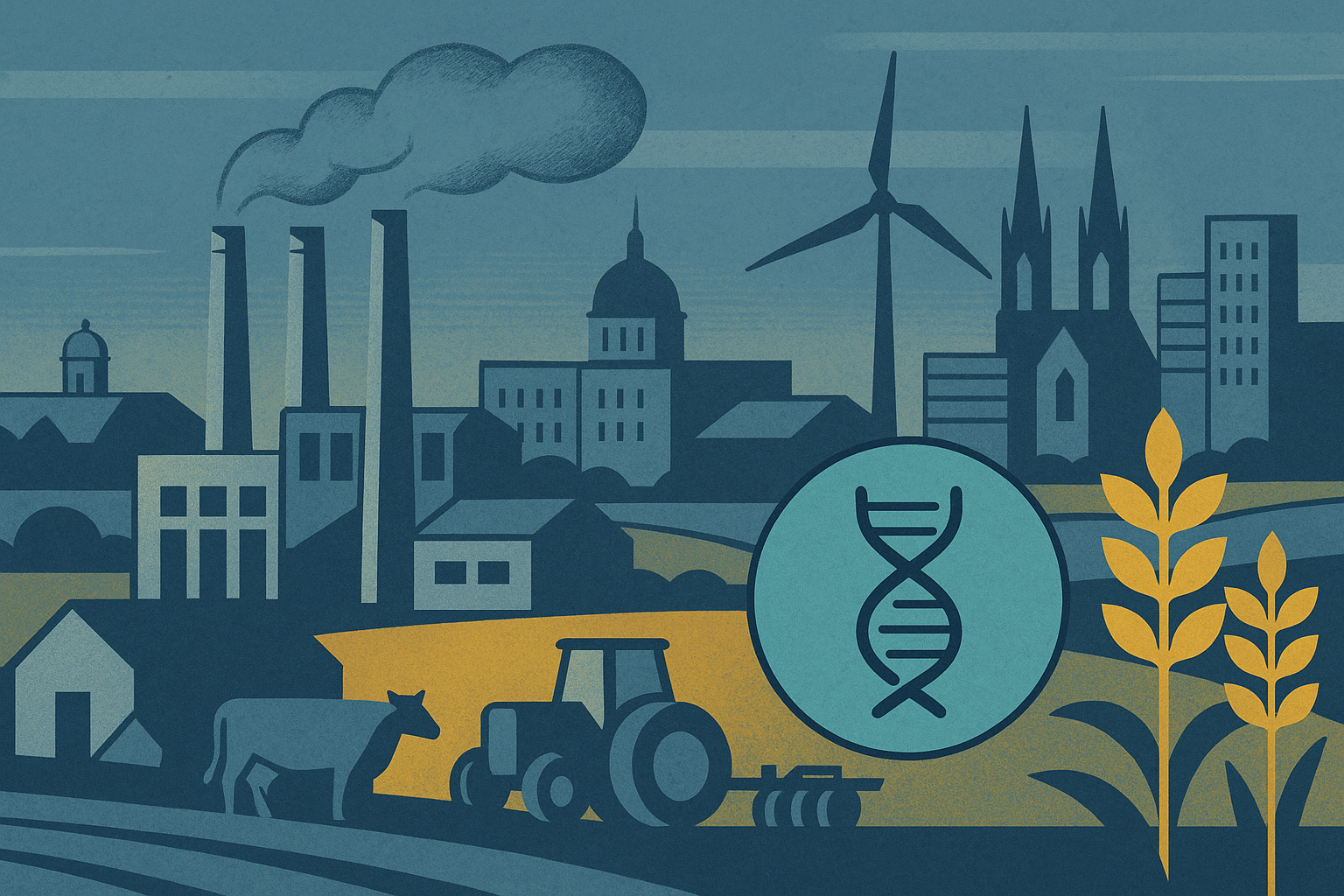A new study from Amsterdam Data Collective — commissioned by Novonesis and published on 7 July 2025 — quantifies, for the first time, the economic footprint of biosolutions in Europe. The research reveals significant potential for growth if policy frameworks keep pace with global competitors.
Biosolutions — including microbes, enzymes, proteins, and related bioprocesses now used in more than 30 industries — currently support €60 billion in output and 278,000 jobs across the EU-27 and the UK. According to the report, these figures could more than double by 2035 with the right regulatory reform and investment. By that point, the sector could generate €133 billion in gross economic value — including €46 billion in direct output — and support 604,000 jobs. Each job in biosolutions is linked to nearly three additional jobs elsewhere in the value chain.
The global market for biosolutions is forecast to reach €877 billion and support 5 million jobs worldwide by 2035. The study finds that Europe faces a decisive opportunity, but also a risk. At present, approval times for novel proteins can stretch to three years in the EU, compared with four to six months in Singapore. For biopesticides, the process can take six to eight years in Europe, against two to three years in the US and Brazil.
Country-level projections for 2035 highlight France as the largest potential beneficiary, with 124,000 jobs and €29.8 billion in value, followed by Germany, the United Kingdom, and Italy. Denmark, Spain, and Poland also stand out for growth. As of today, the biosolutions sector accounts for 71,000 direct jobs and 207,000 indirect roles, generating €24 billion in direct and €36 billion in indirect value.
Industry leaders describe this as a pivotal moment for the region. “If we are to realise the enormous potential of biosolutions to drive economic growth and resilience, we need fit-for-purpose regulation… Faster approval processes will let the next wave of biosolutions companies thrive and scale here in Europe,” said Johan Weimann, Regional President Europe at Novonesis. Sofie Carsten Nielsen, Director of the European Biosolutions Coalition, added: “Each job in biosolutions leads to nearly three more; that’s a multiplier effect Europe can’t afford to ignore.”
The report outlines a clear policy playbook for closing the gap with other regions. Recommendations include adopting an EU-wide Biotech Act with dedicated biosolutions chapters, establishing public–private funding vehicles to support pilot and demonstration plants, modernising approval pathways with fast-track lanes for biopesticides and novel foods, and launching a Europe-wide campaign to highlight economic and climate benefits.
With countries such as Singapore, the US, and Brazil accelerating approvals and increasing investment, the report concludes that Europe risks becoming the world’s best lab for solutions that scale elsewhere unless action is taken.



